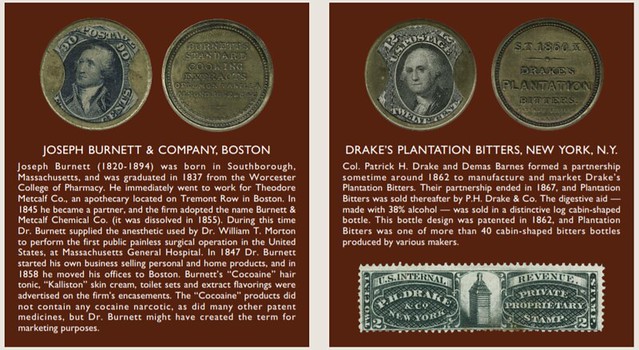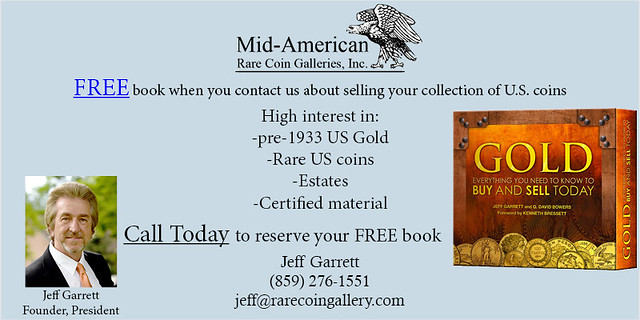
PREV ARTICLE
NEXT ARTICLE
FULL ISSUE
PREV FULL ISSUE
DAUER COLLECTION OF CIVIL WAR ENCASED POSTAGEIn September Robert A. Siegel Auction Galleries, Inc will be offering the Drs. Joanne and Edward Dauer Collection of Civil War Encased Postage. -Editor

The Dauer collection, containing rarities and pieces of exceptionally choice quality, will be featured in Siegel's Fall 2020 auction of United States stamps THE FIRST YEAR OF THE AMERICAN CIVIL WAR WAS marked by a surprising show of force by the Confederate military and severe disruptions of trade, which had an unsettling effect on the financial markets. The U.S. Treasury suspended all specie payments in December 1861, creating even greater anxiety and causing speculators and the public to hoard silver coins. The devaluation of paper currency against gold and silver added fuel to the fire, and by mid-1862 a vast quantity of silver and even copper-nickel coinage was removed from circulation. The 1862 coin shortage led to private stopgap measures in the form of copper tokens and scrip. Postage stamps, which had a fixed value in denominations of less than one dollar, were also used as an exchange medium, but they had obvious physical shortcomings. Continuous handling of a small piece of gummed paper quickly rendered a stamp useless, and the Post Office refused to exchange new stamps for damaged ones. To remedy the coin shortage, Secretary of the Treasury Salmon P. Chase proposed the idea of postage stamp currency. President Lincoln signed the congressional Postage Currency Act on July 17, 1862. The act was drafted and passed without consulting postal officials, and its wording seemed to authorize the use of postage stamps as currency, rather than authorizing a special issue of postage currency. In response to the published reports of the new Postage Currency Act in July 1862, the public demand for postage stamps exploded. John Gault, a small-time inventor and purveyor of munitions, was in New York City in July 1862 and prepared to launch his patented “New Metallic Currency.” Gault's concept was simple: insert a postage stamp into a sealed metal case with a mica window, through which the stamp could be seen. Gault's encased postage stamps were produced at the Scovill Manufacturing Company, a button and token maker in Waterbury, Connecticut. Gault's encasements were promoted as something more than a practical coin substitute. Businesses could have advertisements die-stamped into the metal backing, which made them an effective marketing tool. Hotels, patent medicine manufacturers, dry goods merchants, hatters, a jeweler, liquor and wine merchants, and an insurance company were among Gault's 31 customers. One of the earliest collectors was a well-known philatelist named Charles Gregory. Among the other prominent pioneer collectors of encased postage are Hiram E. Deats, C. S. Wilcox and William S. Appleton. Just prior to and after World War II the field was dominated by Colonel Green, T. James Clarke, F. C. C. Boyd, Josiah K. Lilly Jr., J. T. Temple and Arnold Perl. The successor to these collectors was John J. Ford Jr., whose outstanding collection was sold by Stack's in 2004. In the wake of the Ford sale, collectors such as Frederick R. Mayer, Dana Linett, “Summit” (Siegel Sale 955), Donald Kagin, Dr. William A. Litle, and, of course, Drs. Joanne and Edward Dauer, emerged to the foreground. Drs. Joanne and Edward Dauer have spent a lifetime as collectors. Their interest includes stamps, paper money, historical documents, and many other areas. They started collecting encased postage in 2007 and strived to obtain the finest and rarest specimens with attention to quality. They thank their close friend, Sonny Hagendorf, for his guidance and assistance in the acquisition of many great items over the years. As a collector once told them, “We are only custodians of these historical items during our lifetime; it is time to pass them on to another generation of collectors”. The Fall 2020 U.S.stamp auction catalogue, featuring the Dauer Encased Postage collection, will be available in September

Encased Postage Stamps were the core of my own Civil War collection (sold by American Numismatic Rarities in 2006). I purchased some of my pieces from an earlier Siegel sale. I also helped my friend Dr. Charles Gratz form his collection (which was sold by Early American History Auctions in 2015). I'm looking forward to the catalog of the Dauer collection. -Editor
To read the complete article, see:

Wayne Homren, Editor The Numismatic Bibliomania Society is a non-profit organization promoting numismatic literature. See our web site at coinbooks.org. To submit items for publication in The E-Sylum, write to the Editor at this address: whomren@gmail.com To subscribe go to: https://my.binhost.com/lists/listinfo/esylum All Rights Reserved. NBS Home Page Contact the NBS webmaster 
|